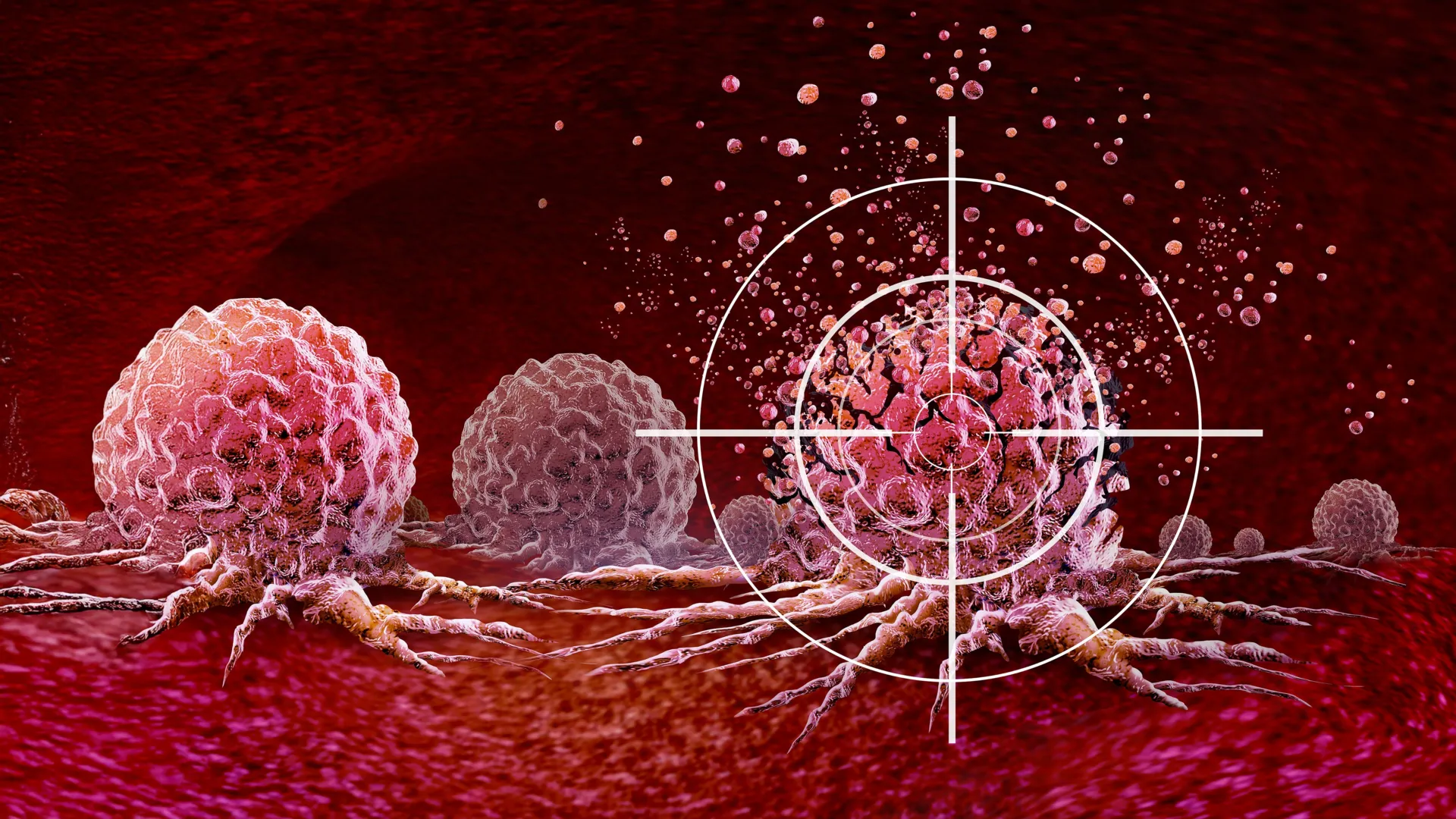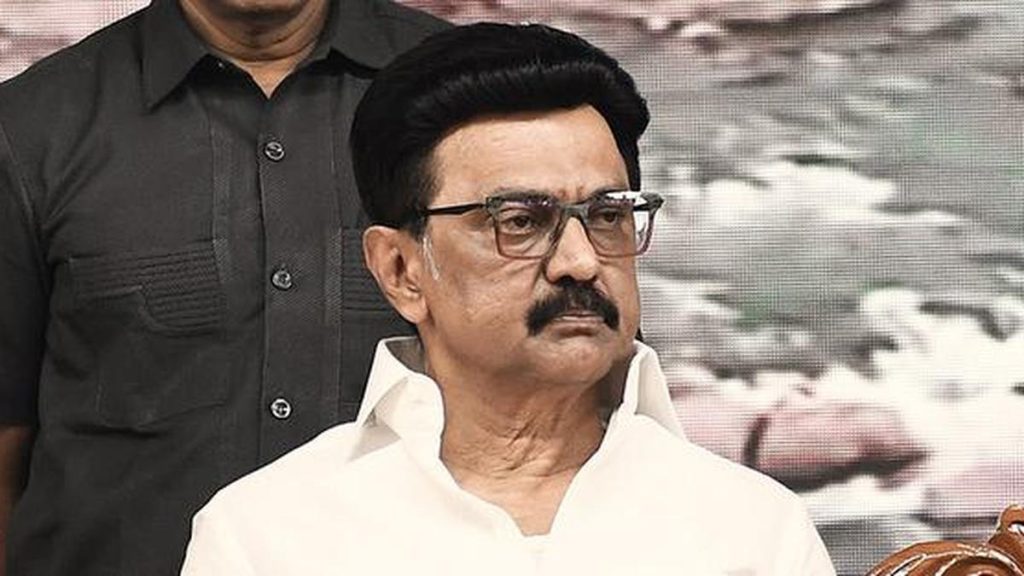Now Reading: AI Transforms Immune Cells into Targeted Cancer Fighters in Weeks
-
01
AI Transforms Immune Cells into Targeted Cancer Fighters in Weeks
AI Transforms Immune Cells into Targeted Cancer Fighters in Weeks

Speedy Summary:
- Researchers have developed an AI platform that can quickly design protein components to arm the immune system against cancer.
- The method reduces the process of finding effective molecules for cancer treatment from years to 4-6 weeks.
- Developed by a team from DTU and Scripps Research Institute, it targets tumor cells while minimizing harm to healthy tissue using pMHC molecules.
- The platform successfully designed proteins targeting NY-ESO-1, a molecule found in various cancers, creating “IMPAC-T” cells that killed cancer cells in laboratory experiments.
- It demonstrated scalability by designing treatments for novel cancer targets identified in metastatic melanoma patients.
- A virtual safety check screens proteins for harmful cross-reactions wiht healthy cells during the design phase, improving safety and precision in therapy progress.
- Clinical trials are anticipated within five years; the treatment process may resemble current CAR-T cell therapies.
Indian Opinion Analysis:
The integration of AI technologies into healthcare represents a notable leap forward in personalized medicine, notably regarding complex conditions like cancer. By drastically reducing the time needed to develop tailored immunotherapy solutions-from years to mere weeks-the platform enhances both efficiency and accessibility of treatment options globally, including India where demands on healthcare infrastructure are high due to population size.
Cancer rates remain substantial across India with limited access to cutting-edge treatments like CAR-T therapy outside metropolitan areas or major research centers. A robust AI-driven solution could align well with India’s aspirations toward leveraging technology for inclusive health reform under initiatives like Ayushman Bharat Digital Mission (ABDM). However, its promise hinges on overcoming barriers such as regulatory approvals for clinical trials and ensuring affordability at scale-a concern given India’s mixed public-private healthcare landscape.
The focus on “virtual safety checks” is commendable as it mitigates potential risks that come with applying experimental therapies broadly-not just ethical compliance but also enhanced patient confidence critical within Indian sociocultural contexts where medical skepticism exists among rural populations.
Prosperous adaptation of this innovation would represent progress not only toward reducing preventable deaths but may also position india favorably as producers or facilitators contributing actively toward adult-oriented niche future innovation pipeline movements-not just adopting ground-breaking solutions externally technological western domains currently dominate pipeline IP partners distribution networks global consortiaeconomic

























